An app to block blue light on a phone or tablet seems like a simple enough concept, and you have to wonder — hey, why wouldn’t it work?
The idea behind blocking blue light is to reduce the hormonal effects of artificial blue light exposure. Basically, you’re filtering out the rays of light that most closely resemble sunlight, which can trick your brain into insomnia.
When we look at screens, our eyes are taking in a special form of artificial light, part of which mimics this daylight exposure. Our brain registers that light and says to the melatonin receptors, “Hey guys, take the night off, it’s still daylight out.” Fifteen minutes of screen watching can set the release of the sleepy hormones back by two to three hours.
The result is an interrupted sleep cycle, or circadian rhythm, that can create a domino effect of insomnia, hormonal imbalance, irritability, and serious dark-circle-itis.
The solution is to block those harmful blue light rays (or at least some of them) to override the message our brains are getting from the blue light screen exposure. To do that, some people use a blue light blocking app.
Blue light blocking apps can be GREAT, and we sometimes recommend using them with blue light blocking glasses to our customers. But they don’t reduce glare, a major source of eye strain with devices, and they also don’t catch the blue light your eyes get from everywhere else — your white light bulbs, your TV, the lighting at work.
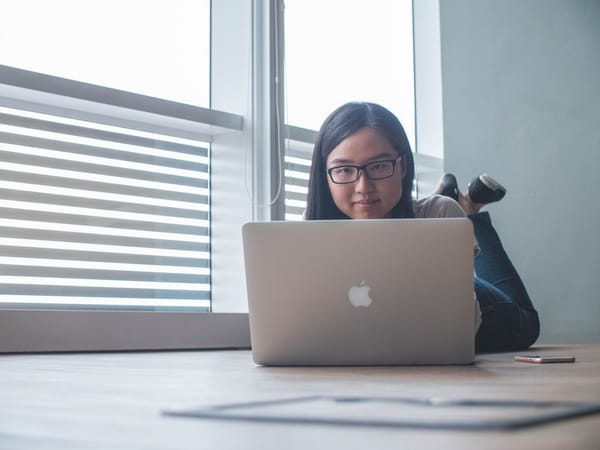
How Computer Glasses Work
Around here, eye health is all we do, and we’re BIG about being proactive with it. Computer glasses can play a huge role not just in the eye health of the average person with a smartphone, but in preventing sleep disorders and the problems that come with them.
There are a few different types of eyewear for blocking blue light, but the ones we sell (and are kinda in love with) are blue light blocking computer glasses. Used by everyone from gamers and developers to people who work on a computer a lot, even to people who just casually use their smartphones, computer glasses block blue light rays to protect you while you’re using a screen.
Computer glasses have a slight yellow tint to the lenses that block and reflect blue light. As a result, your brain doesn’t get that sunlight message and is able to produce melatonin while you use a screen.
Do Blue Light Blocking Apps Work?
Anyone who’s used computer glasses and a blue light blocking app before can tell you, there’s a BIG difference between the two.
Blue light blocking apps alter the settings of the screen itself. The idea is that by adjusting the level of blue light being emitted, you get the same effects as a pair of computer glasses.
The result is an image that’s almost hazy in appearance — noticeably yellow, poorly defined, and just generally pretty unpleasant to look at. It’s like having a smokescreen between you and your screen, and it gives me crow’s feet just thinking about it.
As a result, the images are noticeably distorted, which doesn’t make an app ideal for gameplay or graphic design. In addition, though the blue light is being blocked, your eyes now have to work a little harder to see. You’re able to produce melatonin, but now your eyes are strained from the effort of trying to compensate.
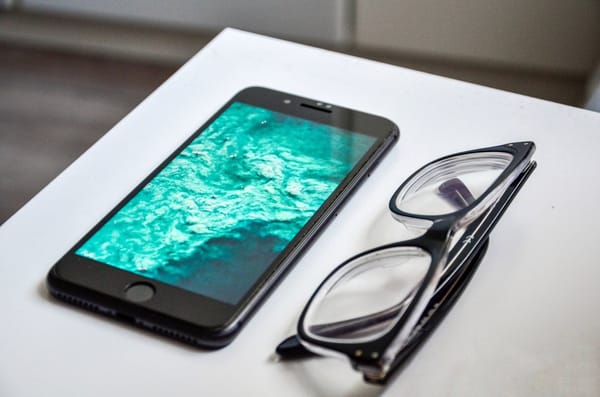
What About Amber Glasses?
There’s another kind of eyewear floating around out there that sometimes gets lumped into this category — amber glasses. They’re kind of like computer glasses, only with much more noticeably tinted lenses that are a deep amber orange color.
These glasses distort color much more, creating an effect similar to what a blue light blocking app does. Unlike computer glasses though, these glasses have such an intensity to the discoloration that they not only heavily alter what you see on a screen, they can actually cause drowsiness in some people.
While amber glasses are fantastic for people who are hyper sensitive to blue light, for this reason, they’re also primarily intended to be used during sleep, not for screen use.
Apps vs. Glasses — Who Wins?
The truth is, blue light blocking apps totally work, but typically by distorting the color of the screen so much that it causes additional eye strain. If you adjust the settings a bit, it can become hardly noticeable, and that’s the way we like it.
On the other hand, we like the flexibility of a good pair of blue light blocking glasses, because your smartphone is definitely not the only place you’re exposed to it.
Blue light blocking glasses protect your eyes from blue light rays by filtering them out, and then give your brain the ability to produce melatonin so you can get some sleep. You get all of the positive effects of blocking blue light without having to squint at an orange screen all the time.
We’re big fans — check out our computer glasses (available with or without magnification) to see for yourself — shop computer glasses.

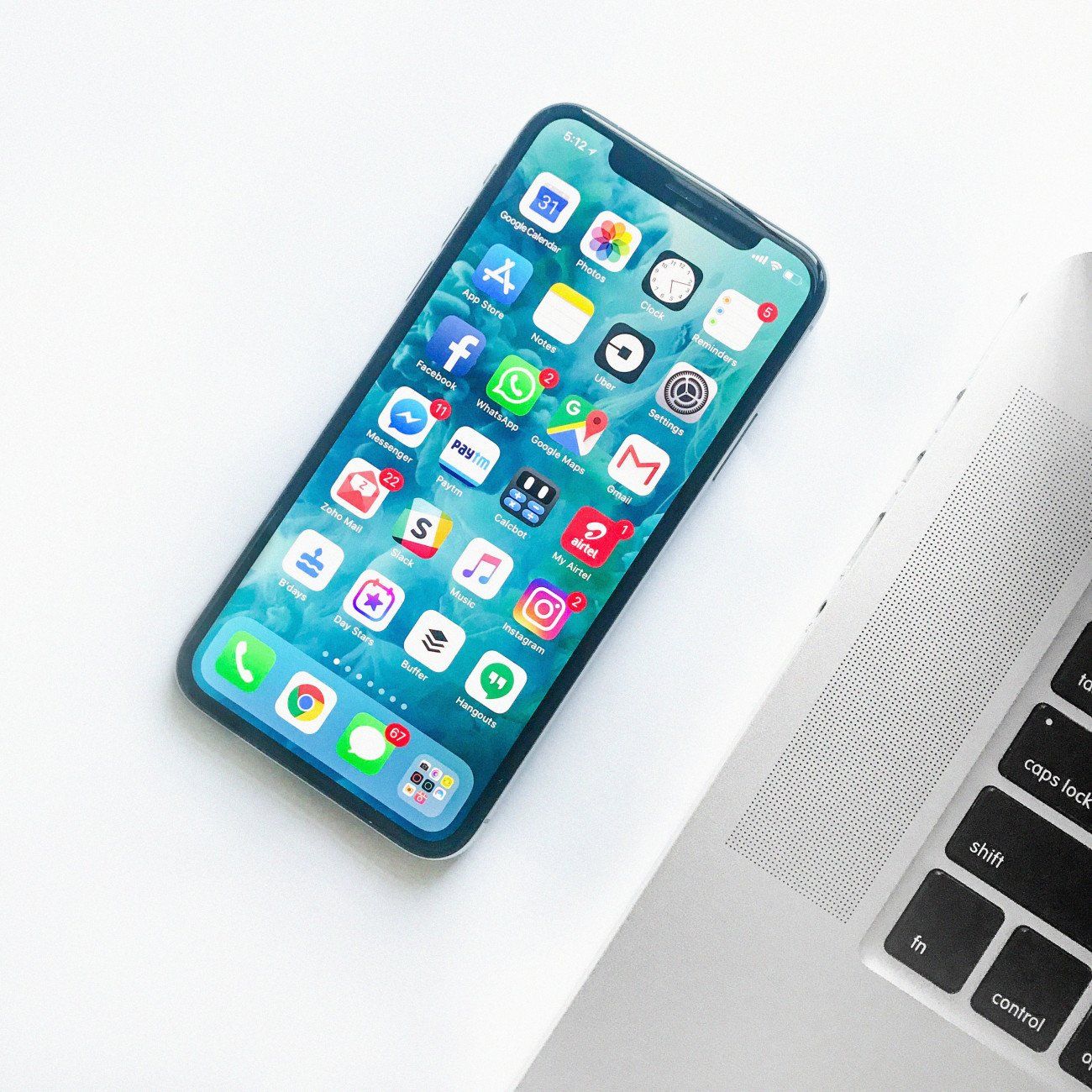
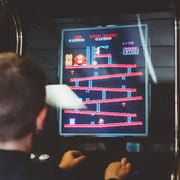






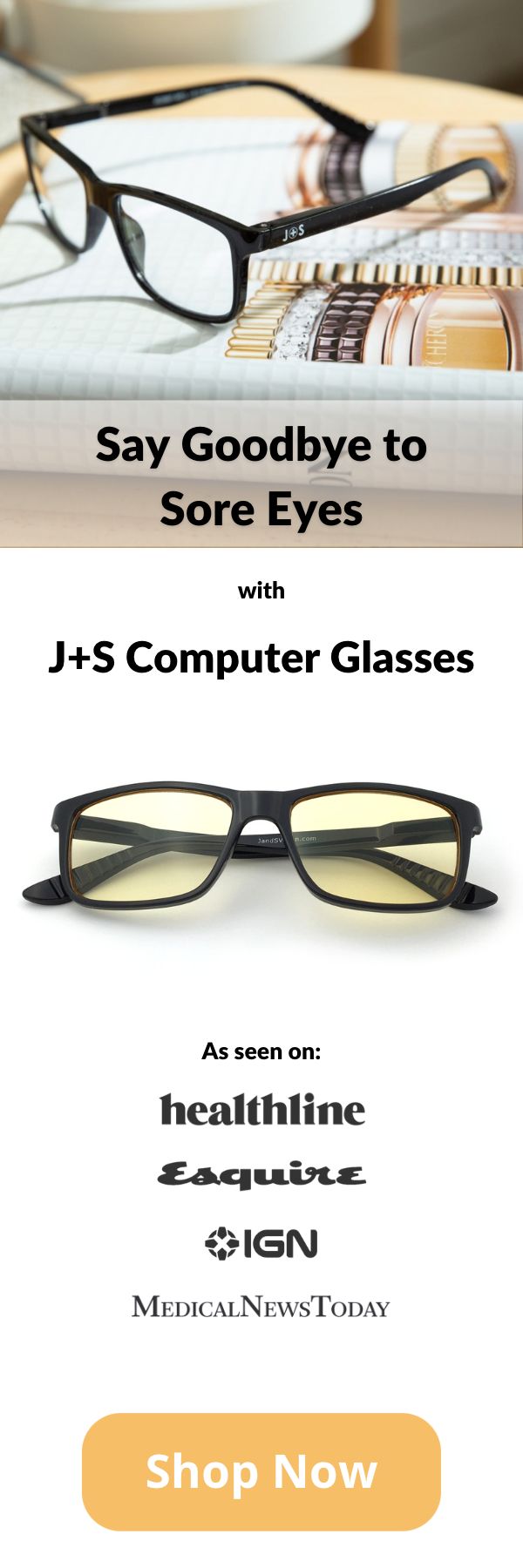
Leave a reply
You must be logged in to post a comment.